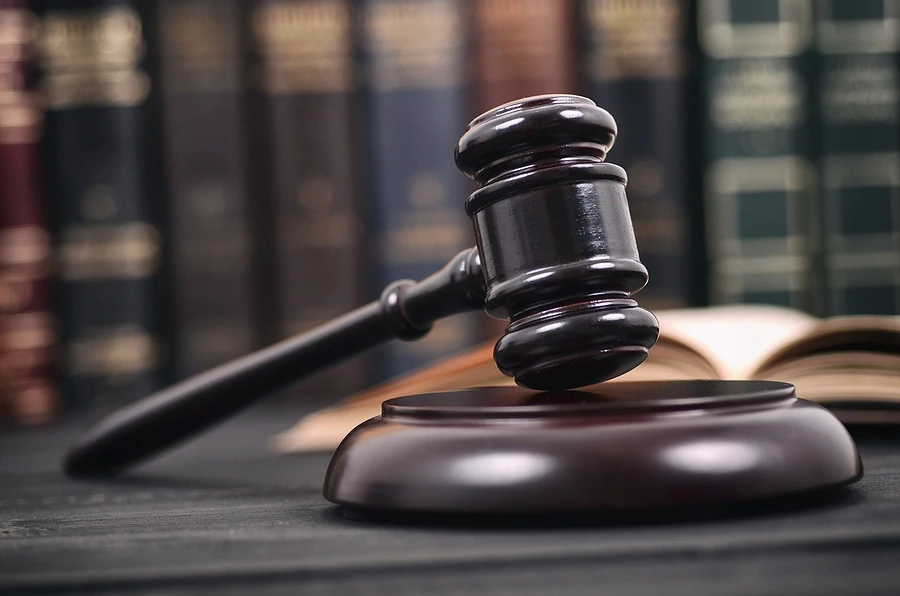Understanding Punitive Damages in Florida Personal Injury Cases

When you’re hurt because of someone else’s actions, you might think about the types of compensation you could receive in a personal injury case. While many people know about payments to cover medical bills or lost income, fewer understand what punitive damages are and when they come into play.
Punitive damages don’t exist just to make up for the financial or emotional pain of an accident. They are meant to punish. But not every case leads to this type of compensation. Understanding when and how they apply is crucial, especially if you’re pursuing a case in Florida.
The Basics of Punitive Damages
To start, let’s get one thing clear: punitive damages are different from other forms of compensation. While most damages aim to make a victim financially whole after an injury, punitive damages aim to do something else. Their goal is to punish the wrongdoer and, by doing so, discourage similar behavior in the future.
Think of punitive damages as society’s way of saying, “This conduct is completely unacceptable.” They only apply in situations where the behavior is considered extreme. In Florida, the rules surrounding them are strict, and getting them awarded isn’t common.
What Florida Law Says
In Florida, the legal system does not hand out punitive damages lightly. The law is designed to limit these awards and sets a high bar for what counts as extreme or reckless behavior. The party responsible for the harm must have acted in a way that shows gross negligence or intentional misconduct.
Gross negligence refers to behavior so careless that it seems almost intentional. For example, if a driver was drunk and caused an accident, that might qualify. Intentional misconduct, on the other hand, involves knowing a certain action could harm someone but choosing to do it anyway. If someone acted deliberately, their behavior would likely fall under this category.
The courts don’t just throw out punitive damages as a way to boost a victim’s payout. In fact, judges and juries must be convinced there’s enough proof to support the idea that the wrongdoer acted outrageously. If your case involves simple carelessness or negligence, it probably won’t be eligible.
Caps on Punitive Damages
Florida also has caps on how much can be awarded in these cases. Generally, the amount is limited to three times the value of compensatory damages or $500,000, whichever is greater. There are exceptions, though. If the wrongdoer was motivated by financial gain, the cap increases to four times the compensatory amount or $2 million. Additionally, if intentional harm is proven, there may be no cap at all.
These limits are in place to prevent abuse of the system. They balance the need for accountability with fairness. After all, the point is not to bankrupt someone but to make them realize the severity of their actions.
Proving Punitive Damages
Getting punitive damages isn’t simple. Your case must present clear and convincing evidence of the wrongdoer’s outrageous conduct. This standard of proof is higher than the “preponderance of the evidence” used for regular damages but lower than the “beyond a reasonable doubt” standard in criminal cases.
Evidence becomes key. Witness testimonies, video footage, or any records showing intentional or grossly negligent behavior will help your case. In many personal injury cases, this level of proof isn’t always available, which is one reason punitive damages are rare.
The Role of Your Attorney
Navigating the complexities of a punitive damages claim is challenging. It involves understanding the nuances of Florida law and knowing how to argue the case persuasively. This is where your personal injury attorney becomes essential. They can analyze your situation, gather evidence, and present the argument that the wrongdoer’s behavior deserves punishment.
An experienced attorney will also help you set realistic expectations. Even if your case has strong merit, winning punitive damages is never a guarantee. Your lawyer should be upfront about the challenges and guide you in focusing on the strongest aspects of your claim.
Why Punitive Damages Matter
You might wonder why these types of damages matter if they’re awarded so rarely. They play a vital role in the justice system. By punishing wrongdoers financially, they serve as a deterrent. People and companies are more likely to think twice before engaging in dangerous behavior if they know they could face hefty punitive consequences.
For victims, getting punitive damages can also feel validating. It’s a way of recognizing that the harm they experienced went beyond a simple mistake. In some cases, it offers a sense of justice that can be important for emotional recovery.
Recent Examples in Florida
While each case is different, looking at recent examples can help clarify how punitive damages are used. For instance, cases involving drunk driving often lead to discussions about these damages. If a company is shown to have willfully ignored safety measures, that could also trigger punitive claims. These examples show that while uncommon, punitive damages are a powerful part of the legal landscape.
Conclusion
If you or a loved one are thinking about pursuing a personal injury claim and believe punitive damages might apply, consulting a personal injury lawyer should be a top priority. The right attorney will assess whether the behavior in question meets Florida’s strict standards and guide you through the process.
Remember, while it’s tempting to focus solely on financial outcomes, the legal system is about more than money. Punitive damages remind us that extreme recklessness has consequences. Understanding this part of personal injury law can help you make informed decisions and, if applicable, fight for the justice you deserve.
